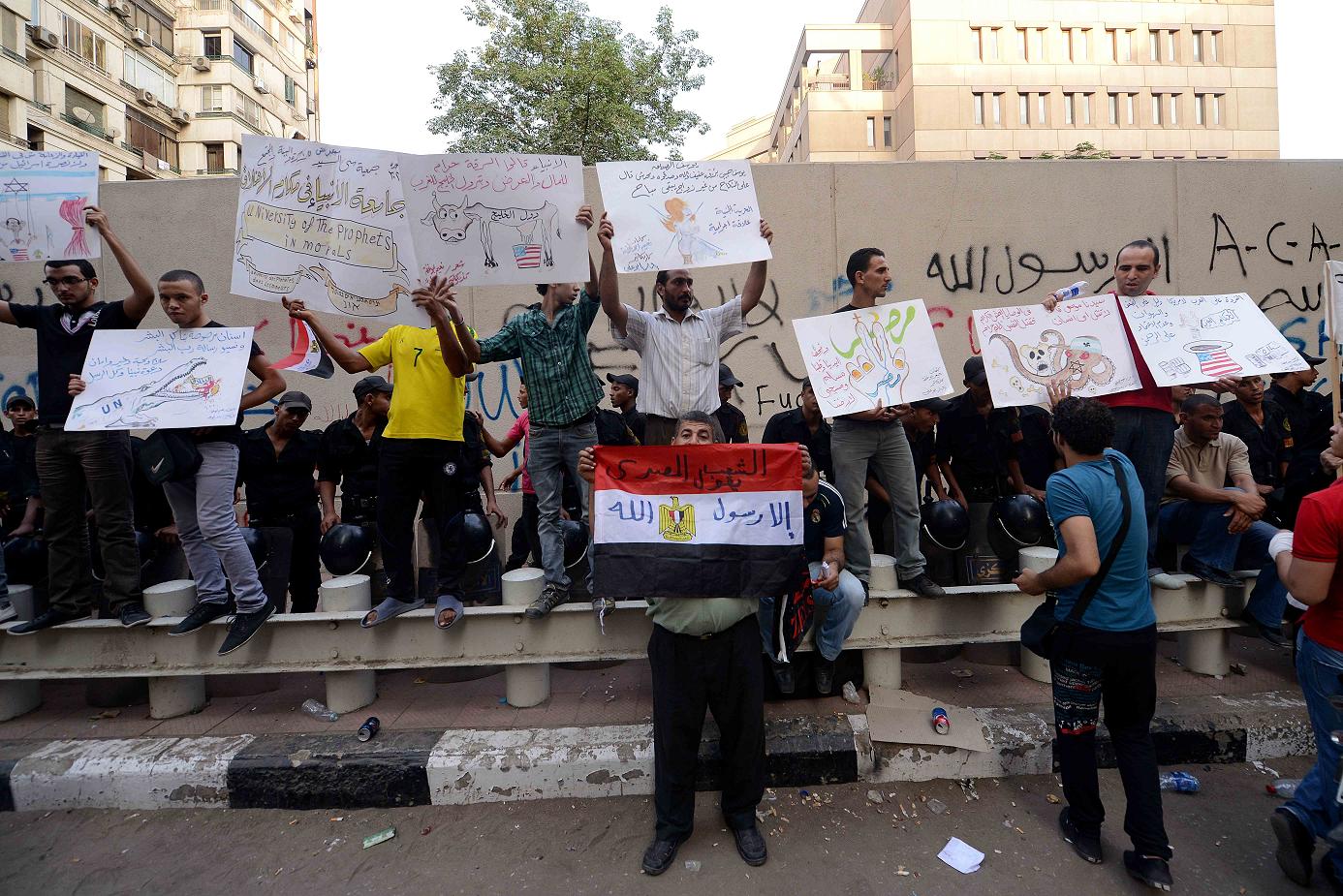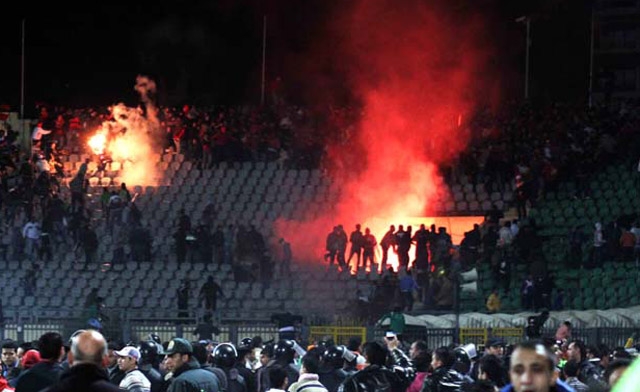The Minya Criminal Court decided on Monday to postpone to January the trial of 161 people accused of inciting violence in August 2013.
Lawyer representing the defendants in the case Gamal Abdul Hamid said they had been tried in absentia as part of the case involoving 528 people, who were handed preliminary death sentences in March.
Abdul Hamid said the 161 who appeared before court were being retried, since they were not yet in custody at the time of the trial. The judge ordered their detention.
On 24 March, during the second session of the trial, the court sentenced 528 people to death, in a session that lasted less than an hour.
The case fuelled international concern, with Middle East director at Human Rights Watch Sarah Leah Whitson stating: “These death sentences should be immediately quashed.” The United States said it was “deeply concerned” and “pretty shocked” by the ruling.
The session was attended by only 124 of the defendants, while the rest were tried in absentia.
They all face charges of attacking a police station, killing one police officer and the attempted murder of two others.
On 28 April, the same judge upheld death sentences for 37 of the 528 people and handed preliminary death sentences for 683 others in a separate case, which included Supreme Guide of the Muslim Brotherhood Mohamed Badie.
The European Union, Germany and Human Rights Watch expressed their concern and condemnation at this decision.
In Egypt a death sentence must be considered by the Grand Mufti; his decision is returned to the court but is not legally binding. The court can choose to amend or uphold the original verdict. Following this, an appeal can be lodged with the Court of Cassation whether through the request of the defence team or by order of the prosecutor general.



